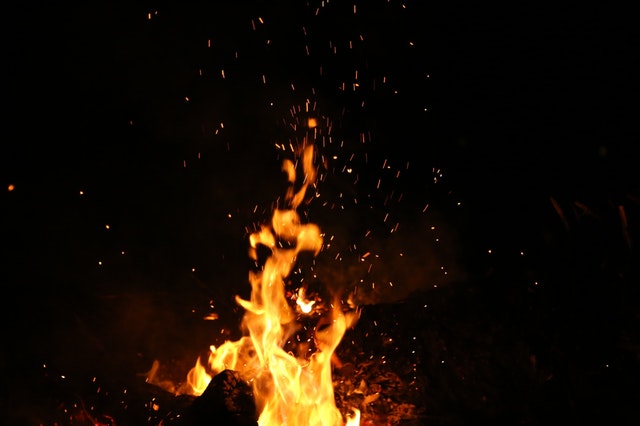More than 50 dairy farms throughout southeastern Australia have been incapacitated by the ongoing bushfires, mainly on the NSW south coast.
The deaths of Robert and Patrick Salway, who died defending their farm outside Cobargo last week, have been the highest profile dairy casualties in the fires, which has hit the NSW milk supply chain.
Farmer groups have welcomed moves by processors to maintain payments to suppliers in the fire zone with tankers struggling to gain access to some parts of Bega and Batemans Bay regions.
Dairy Connect chief executive Shaughn Morgan said the fires would inevitably impact milk supply with many farmers hit hard either directly or indirectly.
“Whether it’s electricity supply or road access for tankers, dairy farmers in those fire-affected regions have been affected in some way,” he said.
“The most tragic example is the loss of two lives last week. Between 40 and 50 farms have been directly impacted along the south coast of NSW, there would be more into Victoria as well. Governments are responding at a federal, state and local level, which is good to see. It will take some time for those farms to re-establish themselves.”
The plight of the dairy sector was highlighted by Prime Minister Scott Morrison last week with the federal government announcing a $2 billion bushfire recovery fund on Monday.
“In particular, down in Cobargo and places like that, where dairies have been milking and they simply have to pour the milk down the hill because of the lack of power to these areas at this time,” Mr Morrison said.
Dairy Australia farm profit group manager Peter Johnson said it was too early to determine how the fires would ultimately distort national milk production figures.
“Overall stock losses from milking herds have been minimal, although there are reports of impacts on young animals,” Mr Johnson said.
“Some farms are disposing milk in areas with power outages or where access issues are preventing tanker pick-ups or low power supply is preventing the cooling of milk. It is too early to estimate the impact on herd numbers and milk production.”
Mr Johnson said Dairy Australia was working with local authorities and processors to support fire-impacted farmers and minimise animal welfare issues.
Original article sourced from https://www.weeklytimesnow.com.au/



